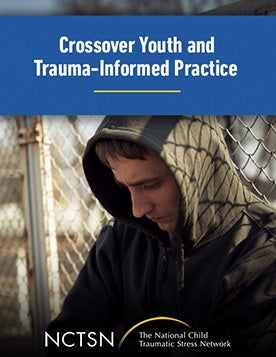
Crossover Youth and Trauma-Informed Practice
Discusses findings from research on crossover youth and how traumatic stress plays a role in the trajectory of crossover youth, as well as implications for policy and practice.
Children who come to the attention of the juvenile justice system are a challenging and underserved population. The National Child Traumatic Stress Network has developed resources to help juvenile justice professionals understand and provide trauma-focused services to these youth. These resources include tools and materials for building skills and increasing knowledge about childhood trauma to help judges, attorneys, law enforcement, probation officers, frontline residential staff, mental health personnel, and caregivers understand and respond to the needs of traumatized children. In addition to the NCTSN resources highlighted below, Justice System Professionals can learn more about creating trauma-informed Justice Systems in the Trauma-Informed Care section of this website.

Discusses findings from research on crossover youth and how traumatic stress plays a role in the trajectory of crossover youth, as well as implications for policy and practice.
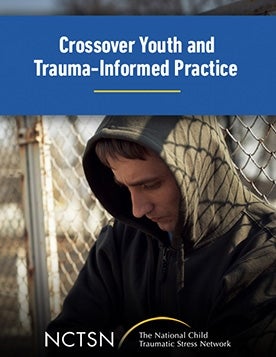
Discusses how child-serving systems can improve their response to the needs of youth that cross over from child welfare to juvenile justice.
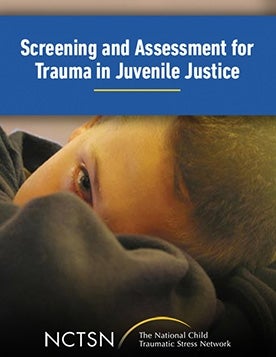
Describes a newly developed, web-based platform to conduct screening in juvenile justice settings. This webinar highlights recent findings regarding the utilization of the web-based tool.
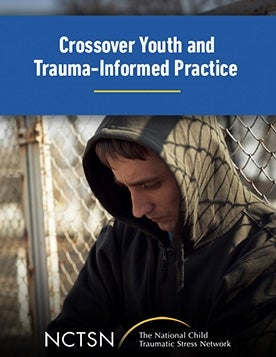
Reports findings from research on crossover youth.

Provides an overview of juvenile court evaluation procedures. This webinar highlights how PTSD and risk assessments are utilized within these evaluations and discusses ways to improve their use.
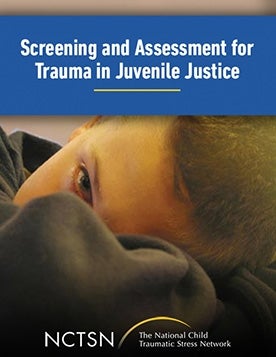
Describes the utility of screening and assessment for trauma in juvenile justice settings.
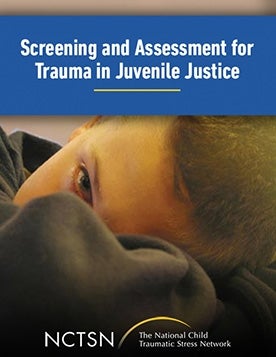
Outlines the need for trauma-informed screening in juvenile justice settings.
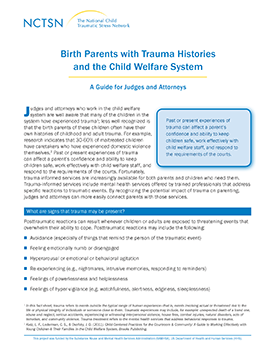
Provides guidance to judges and attorneys on how to recognize trauma and its effects on birth parents. This fact sheet helps judges and attorneys recognize the potential impact of trauma on parenting.
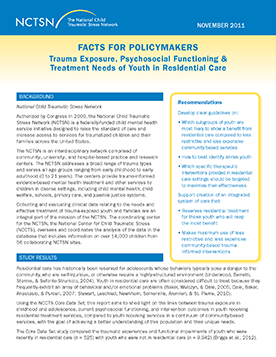
Describes child and adolescent trauma exposure and psychosocial functioning among NCTSN care recipients in residential care.
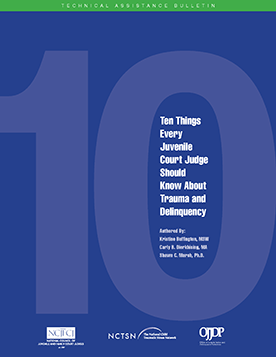
Highlights what ten things juvenile court judges should know to best meet the needs of traumatized children who come into their system.
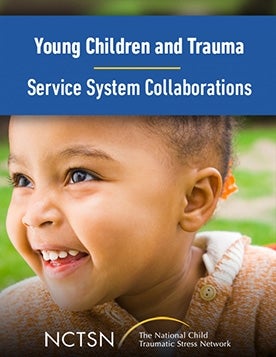
Discusses the effects physical abuse, neglect, and domestic violence have on young children. This webinar provides suggestions on how mental health professionals can work with the judicial system to insure these children receive the care and support they need to develop normally.
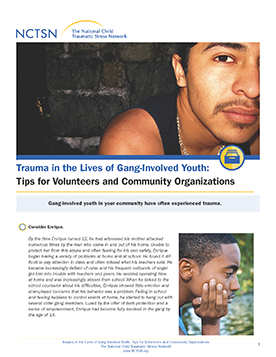
Offers some statistics about gang-involved youth and their exposure to traumatic events.